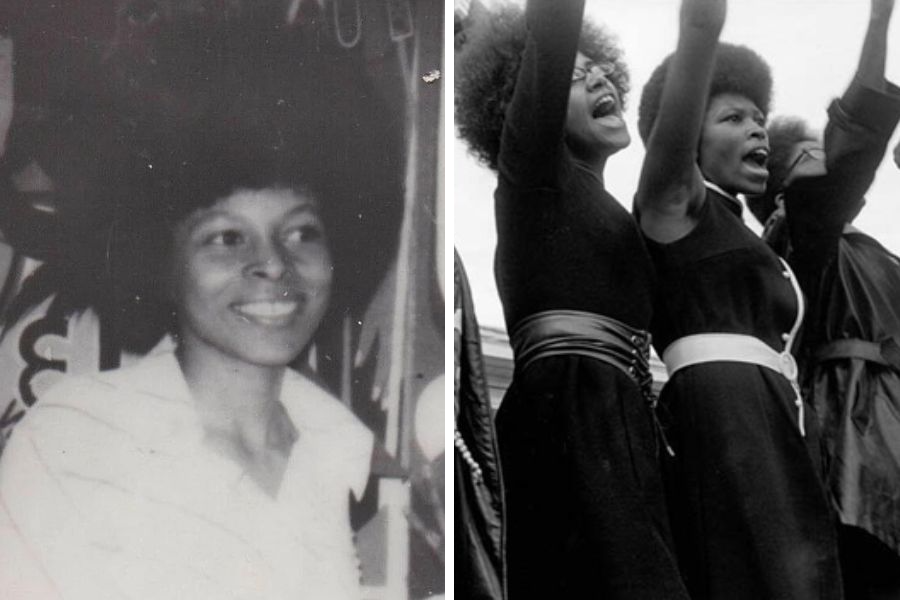An American transgender woman has taken legal action after Dutch authorities refused her application for asylum. The case is drawing attention not only because of its personal implications but also due to its broader relevance in discussions surrounding human rights, gender identity, and the treatment of LGBTQ+ individuals seeking protection in Europe.
The woman, whose identity remains undisclosed for privacy reasons, sought refuge in the Netherlands, arguing that returning to the United States would expose her to discrimination and possible harm because of her gender identity. She contends that despite legal protections in the U.S., transgender individuals continue to face systemic barriers and targeted violence, creating an unsafe environment for those within the community.
The Dutch immigration system, however, rejected her claim, reasoning that the United States is considered a safe country where LGBTQ+ rights are legally protected. Authorities maintain that asylum is generally intended for individuals fleeing countries where persecution is sanctioned or where the government cannot provide adequate protection. This stance forms the basis of the ongoing dispute, as the applicant argues that legal frameworks do not always translate into actual safety or equality.
Advocates for transgender rights argue that the case underscores a critical gap in the interpretation of what constitutes safety and protection. They note that legal recognition of rights does not automatically eliminate social hostility, discrimination, or violence, which remain significant concerns for transgender individuals worldwide. According to numerous studies and reports by human rights organizations, transgender people experience disproportionately high rates of harassment, hate crimes, and social exclusion, even in countries that are considered progressive.
The anticipated legal proceedings aim to delve into the complexities, especially concerning whether requests for asylum can be based on societal conditions instead of exclusively legal evaluations. Specialists indicate that the verdict may establish a significant precedent, possibly affecting upcoming asylum cases for LGBTQ+ individuals from nations labeled as “safe.”
The case also raises questions about the broader responsibilities of European nations in offering refuge to vulnerable populations, even when those populations come from democracies with formal protections in place. Advocates emphasize that safety should be measured by lived experience rather than just constitutional guarantees.
As the legal process continues, the case underscores a lasting conflict in global asylum regulations: finding equilibrium between upholding rigorous standards for asylum qualification and adapting to changing perceptions of genuine threat and oppression. The ruling is expected to ignite additional discussion concerning the connection between human rights, gender identity, and global protection systems.
For now, the woman remains in the Netherlands awaiting the next phase of her legal battle. Her case serves as a powerful reminder that legal protections, while essential, are not always sufficient to guarantee genuine safety and equality for marginalized communities.



